How do you prioritize?
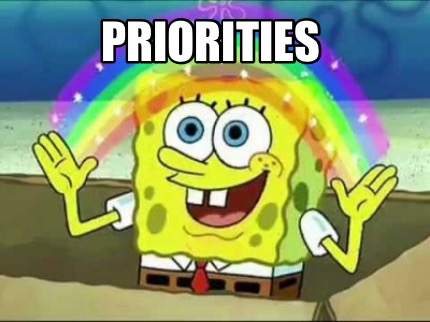 In a previous post we found that one common thing about progressing through career stages (academic and non-academic) is that the volume and variety of tasks are going to increase from undergrad level onwards. Most of us can muddle through up to a point, perhaps by working a few extra hours, or accepting that a few things will be late or not done to the standard we’d like. But eventually there comes a point where you have too many things to do, and it’s not clear what order to do things in. Prioritizing becomes a key skill, and it’s one many of us are quite bad at.
In a previous post we found that one common thing about progressing through career stages (academic and non-academic) is that the volume and variety of tasks are going to increase from undergrad level onwards. Most of us can muddle through up to a point, perhaps by working a few extra hours, or accepting that a few things will be late or not done to the standard we’d like. But eventually there comes a point where you have too many things to do, and it’s not clear what order to do things in. Prioritizing becomes a key skill, and it’s one many of us are quite bad at.
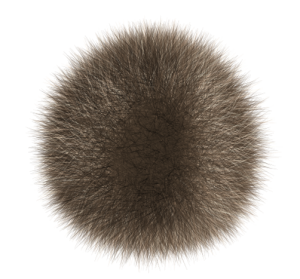
 We’ve got a few group members who have either recently transitioned career stages or are about to, so it seemed a good time to talk about career transitions. To help I posted this question on Twitter, assuming I’d get a handful of replies, but instead loads of people sent really helpful suggestions (thanks all!). Here is the summary of what people suggested. Note that I’ve summarised and paraphrased many points; for the full discussion see the thread on Twitter. Massive thanks to everyone that contributed, and apologies if I missed any of your tips :)
We’ve got a few group members who have either recently transitioned career stages or are about to, so it seemed a good time to talk about career transitions. To help I posted this question on Twitter, assuming I’d get a handful of replies, but instead loads of people sent really helpful suggestions (thanks all!). Here is the summary of what people suggested. Note that I’ve summarised and paraphrased many points; for the full discussion see the thread on Twitter. Massive thanks to everyone that contributed, and apologies if I missed any of your tips :)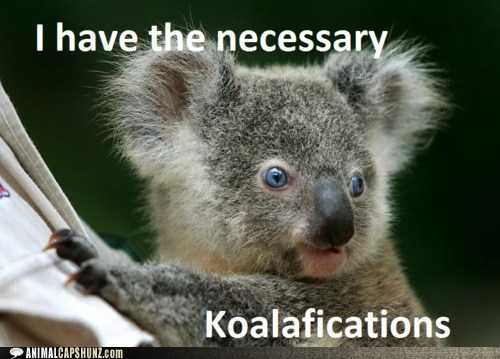 We’ve recently gone through the process of hiring a postdoc. There’s a companion piece to this that gives
We’ve recently gone through the process of hiring a postdoc. There’s a companion piece to this that gives 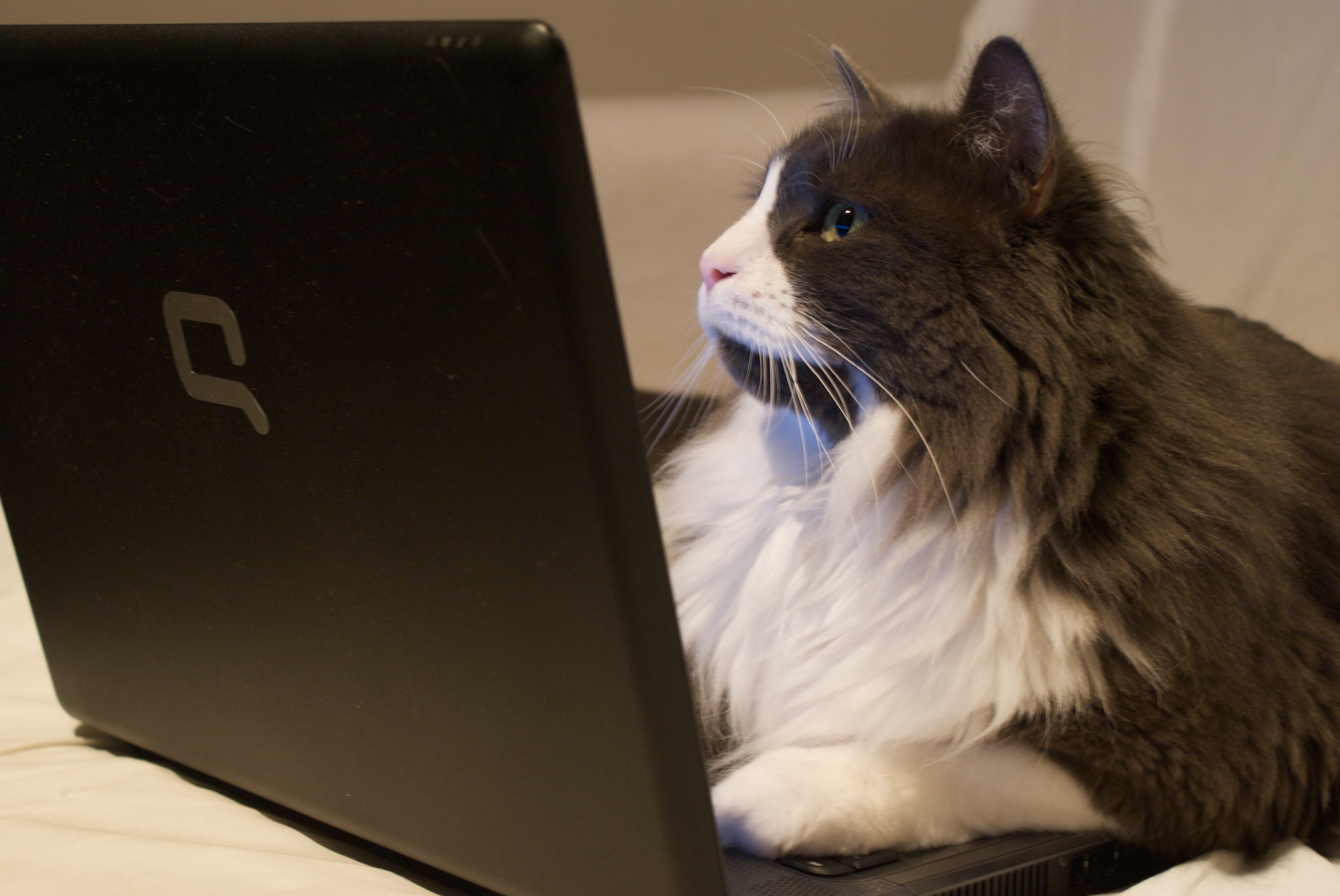 We’ve recently gone through the process of hiring a postdoc. I hate running postdoc/PhD searches because you get to read about all these amazing projects, being done by all these passionate, intelligent people, but you can only hire one of them! This was a particularly painful one as we had 69(!) applicants, and all bar one or two could have definitely done the job.
We’ve recently gone through the process of hiring a postdoc. I hate running postdoc/PhD searches because you get to read about all these amazing projects, being done by all these passionate, intelligent people, but you can only hire one of them! This was a particularly painful one as we had 69(!) applicants, and all bar one or two could have definitely done the job.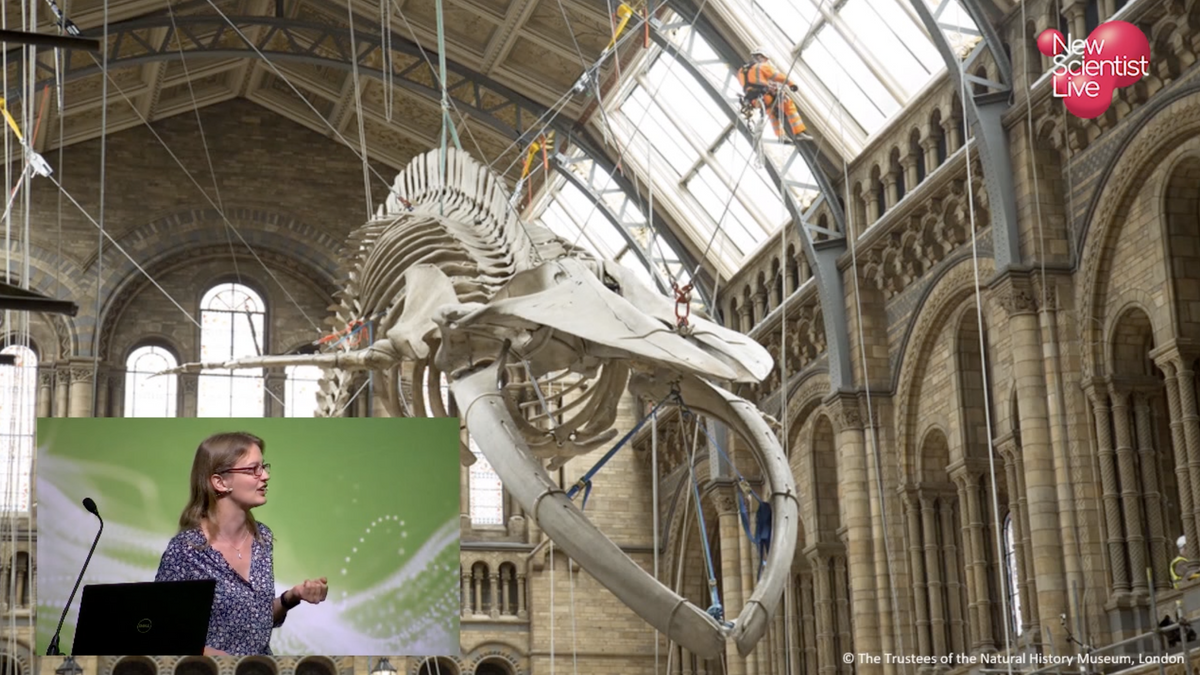 1st April 2019 is the 10th anniversary of me getting my PhD (I do still sometimes wonder whether it was all an elaborate April Fools joke!). In that time I’ve lived on three continents and visited 14 countries for work. I’ve made friends all over the world. I’ve laughed, I’ve cried, and I’ve been bitten by several small mammals. Ten years seemed a good time to reflect on what I’ve learned, sometimes the hard way, and I thought this might be of interest to some of you earlier in your academic journey.
1st April 2019 is the 10th anniversary of me getting my PhD (I do still sometimes wonder whether it was all an elaborate April Fools joke!). In that time I’ve lived on three continents and visited 14 countries for work. I’ve made friends all over the world. I’ve laughed, I’ve cried, and I’ve been bitten by several small mammals. Ten years seemed a good time to reflect on what I’ve learned, sometimes the hard way, and I thought this might be of interest to some of you earlier in your academic journey. It’s grant writing season again (actually when isn’t it grant writing season these days?)! I’ve been thinking a lot about writing fellowship grants, as I’ve a number of postdoc mentees who are applying for these now and through the year. Our discussions have revealed that while there is lots of advice available on the sorts of things to write, and people are very happy to read drafts and give feedback, it’s often really hard as an early career researcher to know where to start with such a massive undertaking. As someone who is often completely overwhelmed by grant proposals and just gazes at a blank screen for days, I thought I’d share my coping mechanisms.
It’s grant writing season again (actually when isn’t it grant writing season these days?)! I’ve been thinking a lot about writing fellowship grants, as I’ve a number of postdoc mentees who are applying for these now and through the year. Our discussions have revealed that while there is lots of advice available on the sorts of things to write, and people are very happy to read drafts and give feedback, it’s often really hard as an early career researcher to know where to start with such a massive undertaking. As someone who is often completely overwhelmed by grant proposals and just gazes at a blank screen for days, I thought I’d share my coping mechanisms.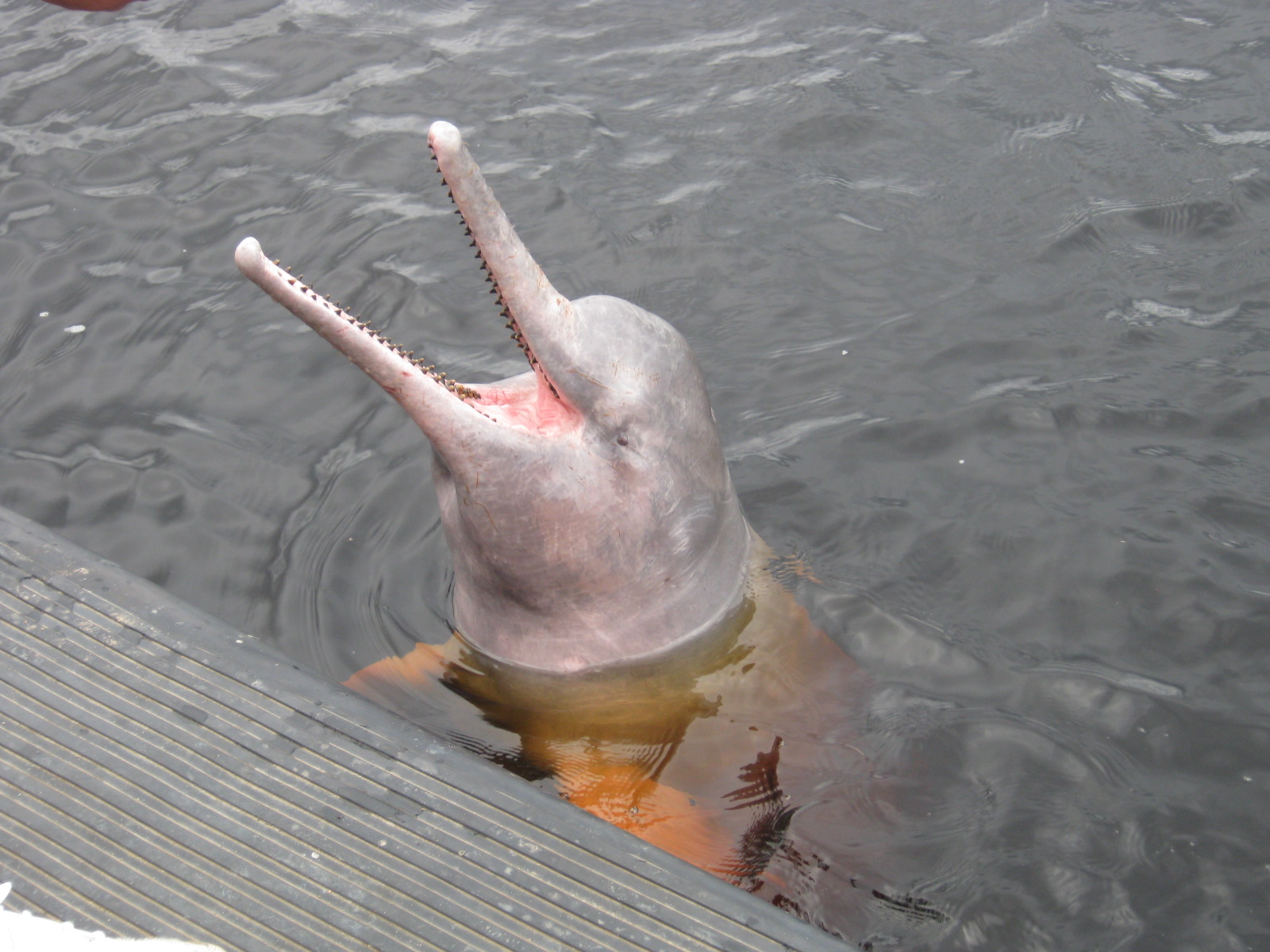 This post written by my ex-MSci student Charlotte Page after the publication of her first
This post written by my ex-MSci student Charlotte Page after the publication of her first  This year I’ve supervised seven Masters student projects, and second marked several more (amusingly I’m now at a non-teaching institution but doing more project supervision than at a university…). They’ve all been lovely to work with and hopefully they enjoyed working with me too! I realised through this process that there are a couple of things I’ve said to each one of my students at some point this year. In the interests of sharing I thought it’d be good to put them down here! This is aimed at students on courses here at NHM, but may be relevant to other folk too!
This year I’ve supervised seven Masters student projects, and second marked several more (amusingly I’m now at a non-teaching institution but doing more project supervision than at a university…). They’ve all been lovely to work with and hopefully they enjoyed working with me too! I realised through this process that there are a couple of things I’ve said to each one of my students at some point this year. In the interests of sharing I thought it’d be good to put them down here! This is aimed at students on courses here at NHM, but may be relevant to other folk too!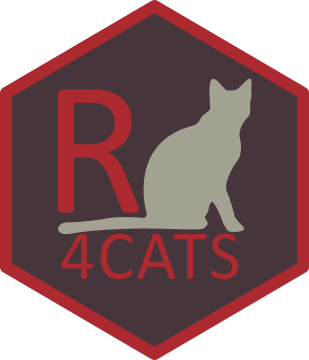 We all know academia is a bit of a pyramid scheme. Far more PhD students graduate each year than can possibly become professors. Students often ask for ideas of what they could do outside of academia. However, academics are often the worst people to ask, because we’re stuck inside the system. Recently, when I’ve asked people for ideas of what my students could do post graduation, they’ve said “data science”. But what is data science? And what kinds of things do people do in data science? In this blog post I’m going to try and summarise what I learnt about data science from attending the EARL - Enterprise Applications of the R Language
We all know academia is a bit of a pyramid scheme. Far more PhD students graduate each year than can possibly become professors. Students often ask for ideas of what they could do outside of academia. However, academics are often the worst people to ask, because we’re stuck inside the system. Recently, when I’ve asked people for ideas of what my students could do post graduation, they’ve said “data science”. But what is data science? And what kinds of things do people do in data science? In this blog post I’m going to try and summarise what I learnt about data science from attending the EARL - Enterprise Applications of the R Language 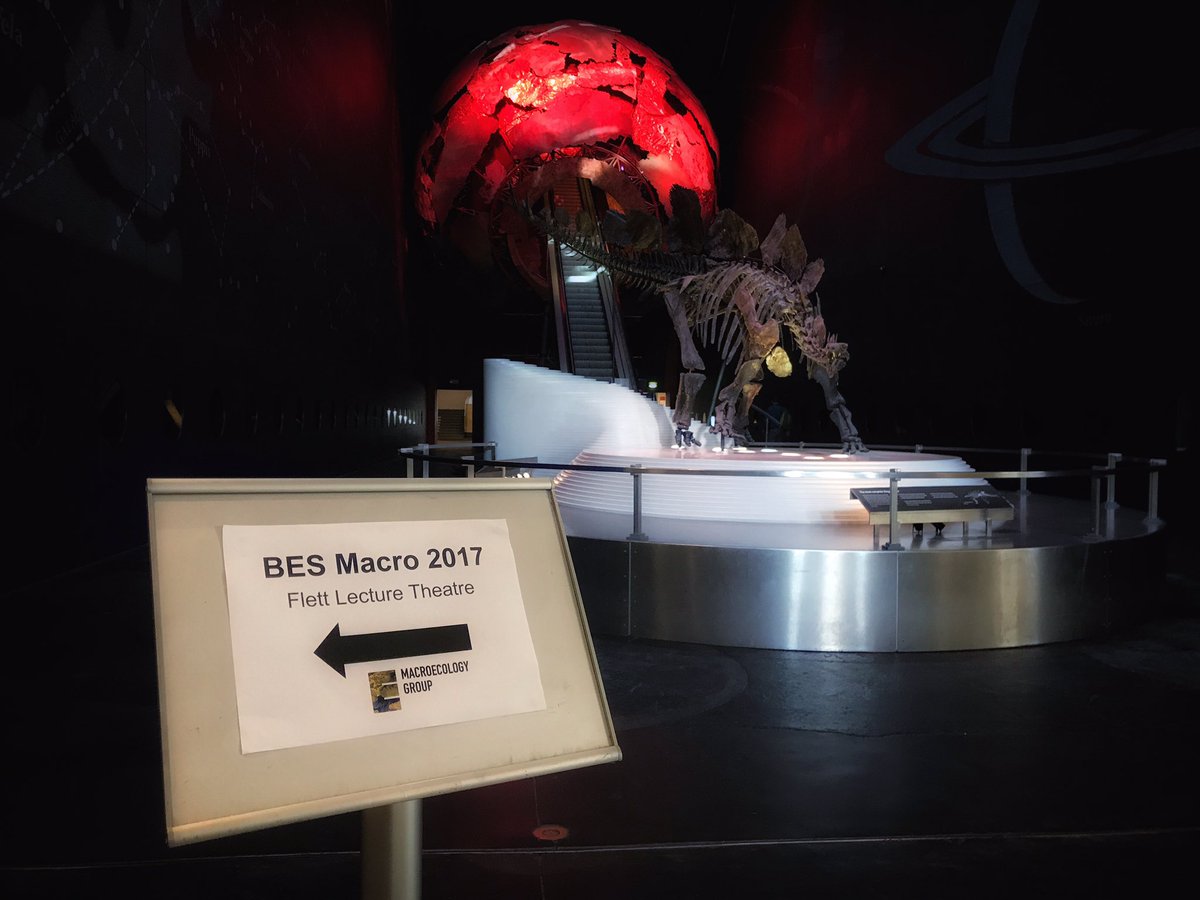 Over the last couple of years I’ve organised a lot of meetings and conferences. In July 2017 I organised my biggest one yet, BES Macro 2017 (see Storify
Over the last couple of years I’ve organised a lot of meetings and conferences. In July 2017 I organised my biggest one yet, BES Macro 2017 (see Storify 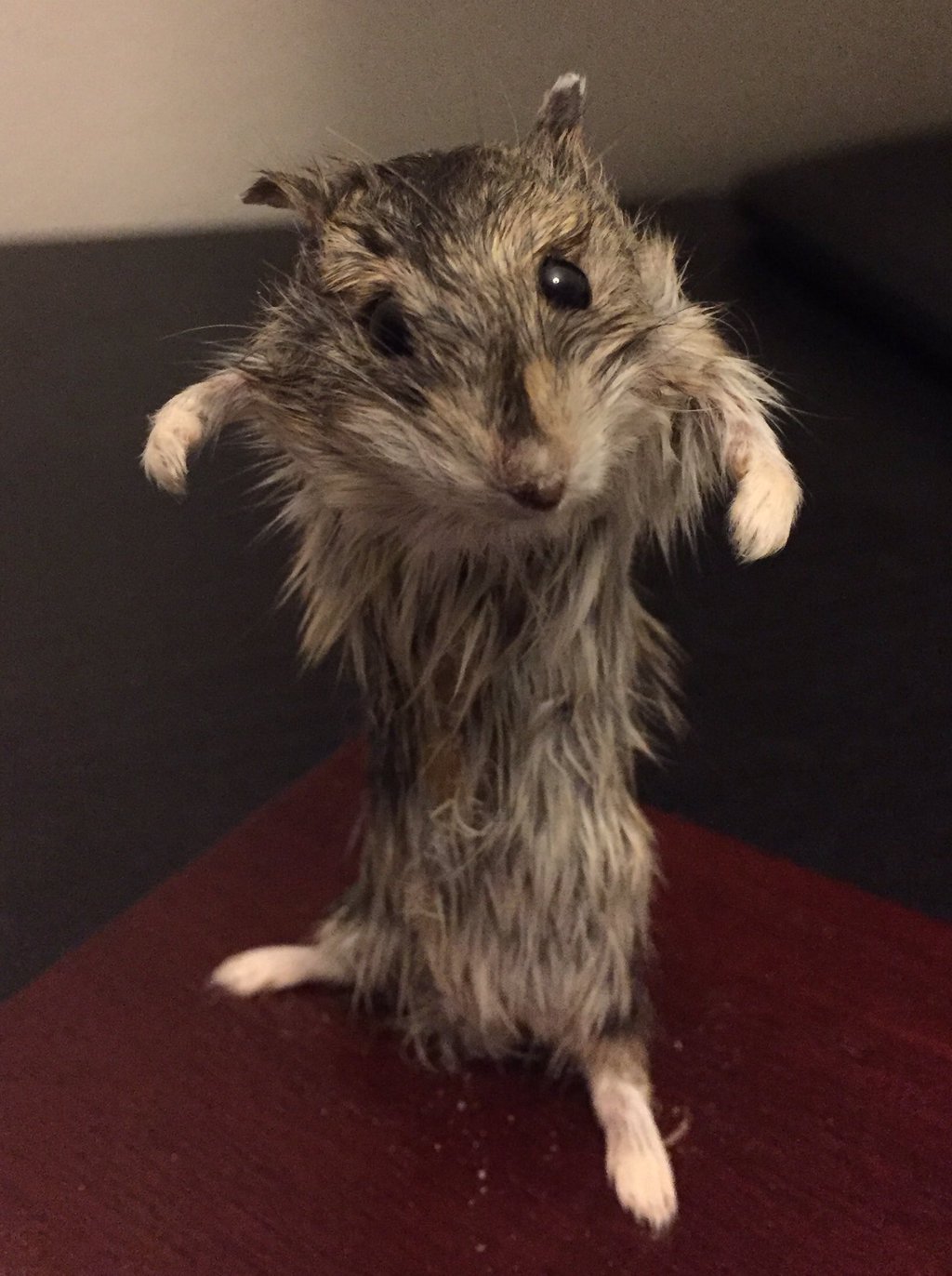 2016 has been an awful year for many of us, especially if you care about science, the future of the planet, equality, facts etc.
But it’s also been quite a fun one here at the Museum.
As we enter the season of year end round up shows that remind us just how many of our favourite celebrities kicked the bucket in 2016, I thought I’d share some of my favourite moments of 2016.
2016 has been an awful year for many of us, especially if you care about science, the future of the planet, equality, facts etc.
But it’s also been quite a fun one here at the Museum.
As we enter the season of year end round up shows that remind us just how many of our favourite celebrities kicked the bucket in 2016, I thought I’d share some of my favourite moments of 2016. One of our projects in the cetacean collection involves taking bone and baleen samples to extract stable isotope data (see
One of our projects in the cetacean collection involves taking bone and baleen samples to extract stable isotope data (see 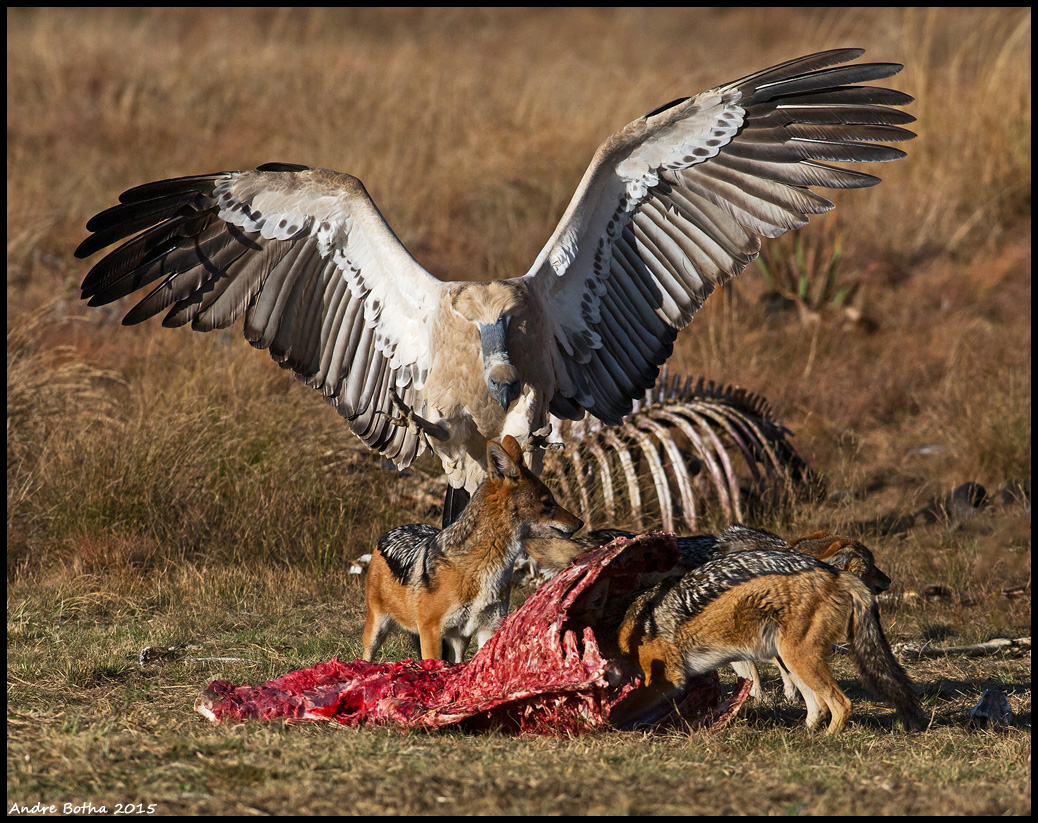 Guest post by my former PhD student
Guest post by my former PhD student 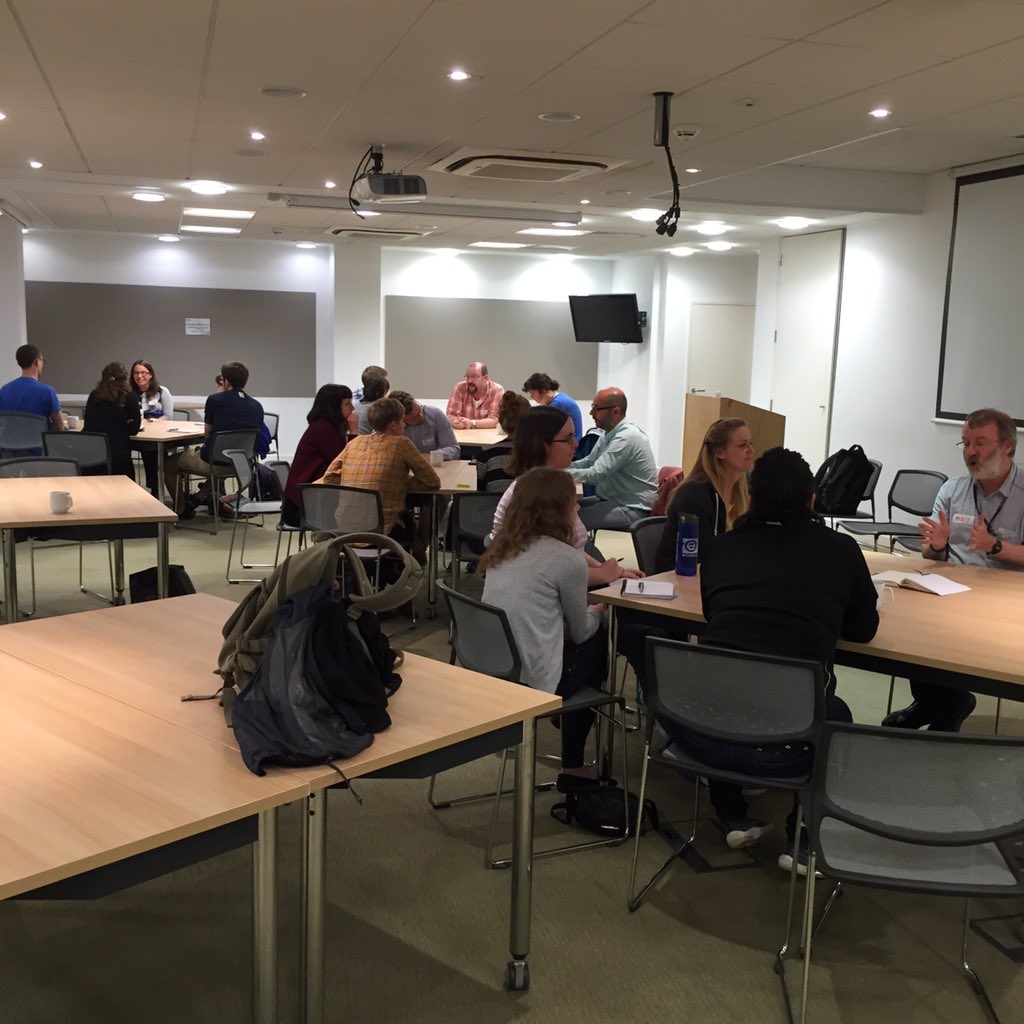 In September the
In September the 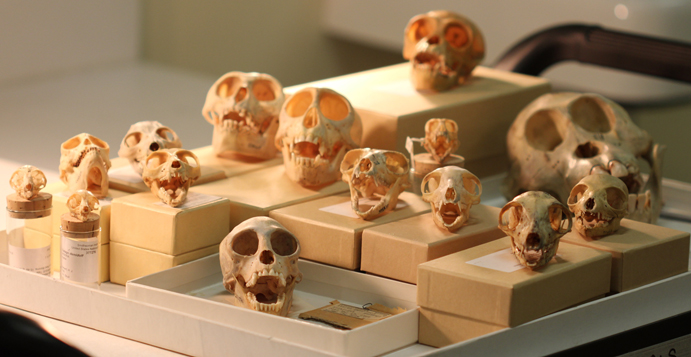 This post was originally written by my ex-PhD student
This post was originally written by my ex-PhD student 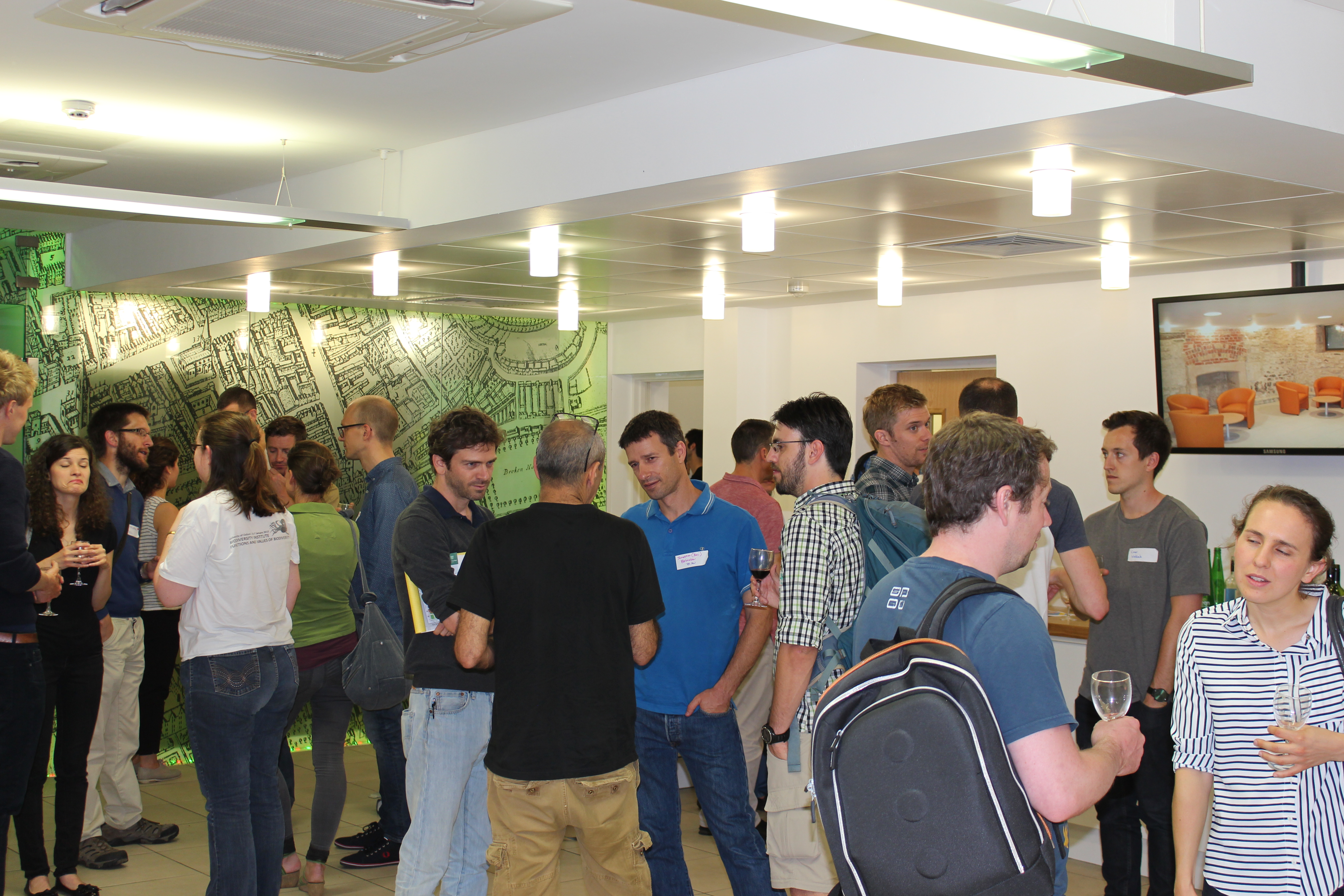 One of my favourite parts of working as a researcher during the summer (aside from quiet campuses with less students around) definitely has to be the “conference season”.
Indeed, I don’t need to convince many people that conferences are one of the lively and exciting parts of doing science that rightly mix traveling, networking (and sometimes drinking) and learning about so many new things (and sometimes hangovers).
One of my favourite parts of working as a researcher during the summer (aside from quiet campuses with less students around) definitely has to be the “conference season”.
Indeed, I don’t need to convince many people that conferences are one of the lively and exciting parts of doing science that rightly mix traveling, networking (and sometimes drinking) and learning about so many new things (and sometimes hangovers).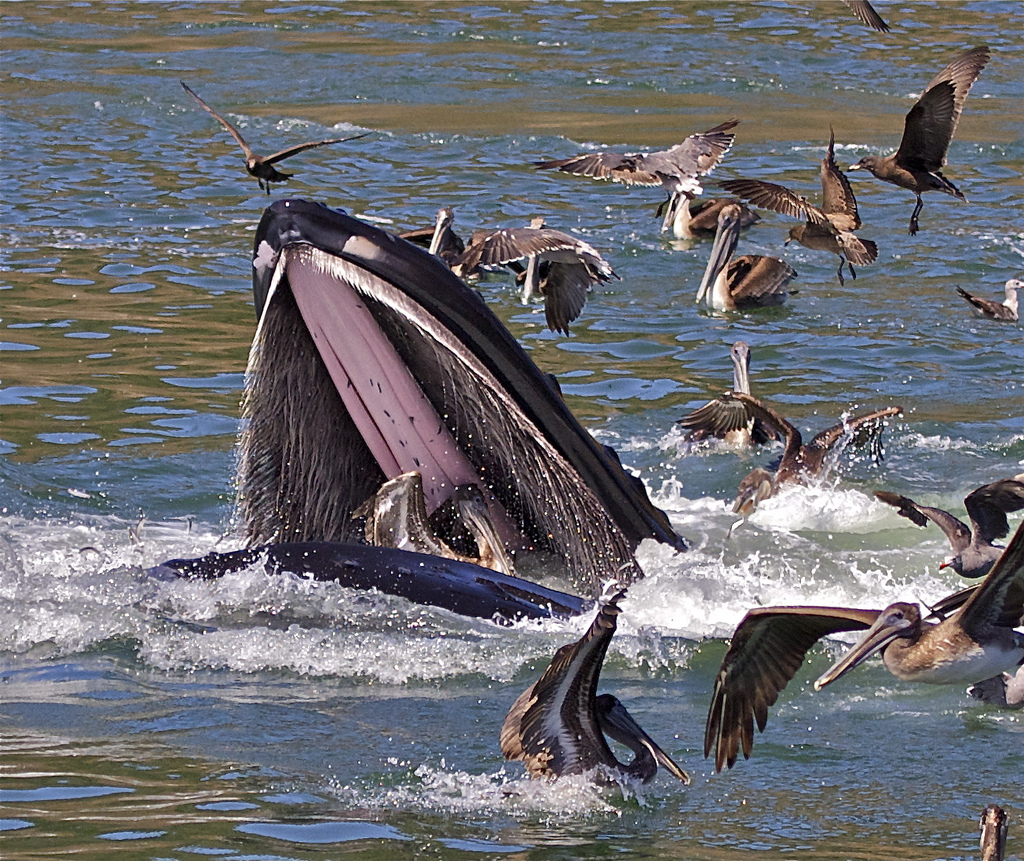 In February 2016 we had our first day working in the collections on our
In February 2016 we had our first day working in the collections on our  Is your research good value for money?
Is your research good value for money?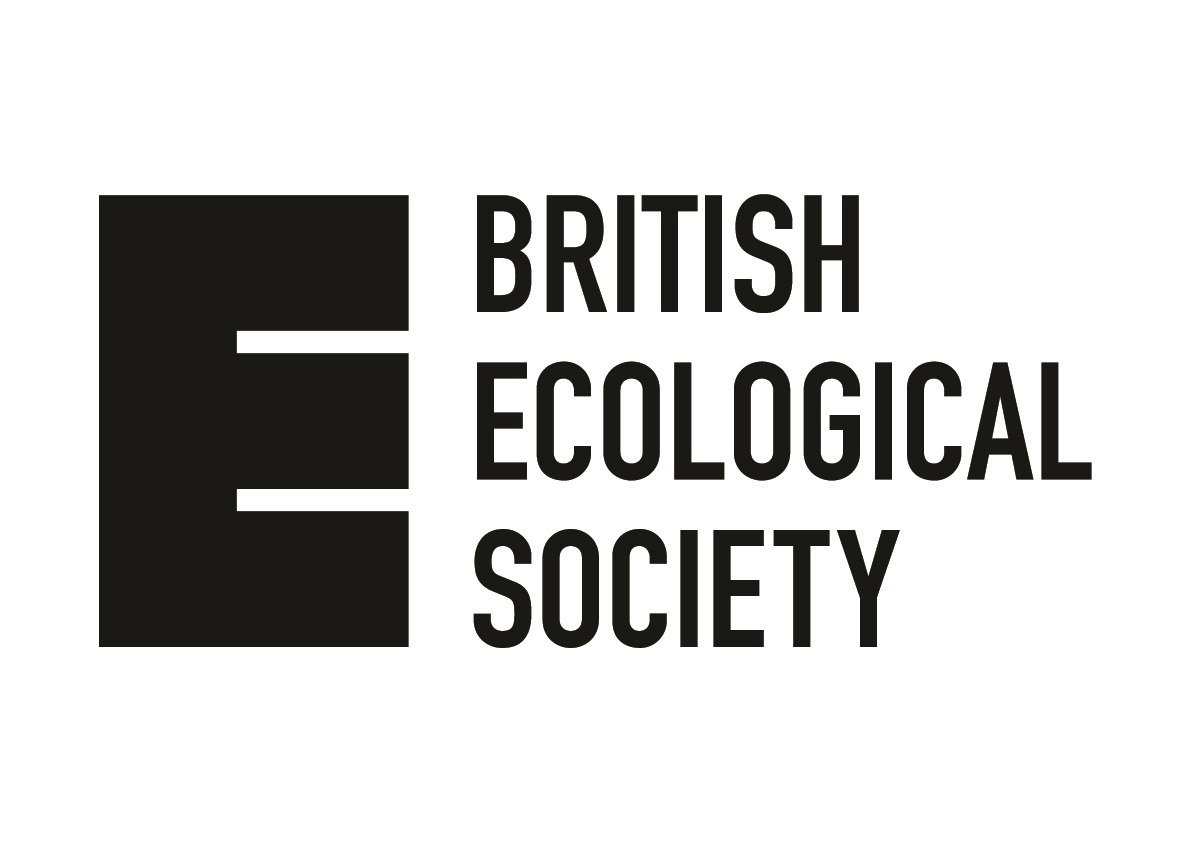 A Whale of a Time is the name I’ve given to the research projects happening in the cetacean collections at the Museum. However it is also the name of a specific project funded by the
A Whale of a Time is the name I’ve given to the research projects happening in the cetacean collections at the Museum. However it is also the name of a specific project funded by the  In early 2015 the Natural History Museum announced that it would be moving “Dippy” the diplodocus from the main hall of the Museum and
In early 2015 the Natural History Museum announced that it would be moving “Dippy” the diplodocus from the main hall of the Museum and  New job, new blog.
New job, new blog.